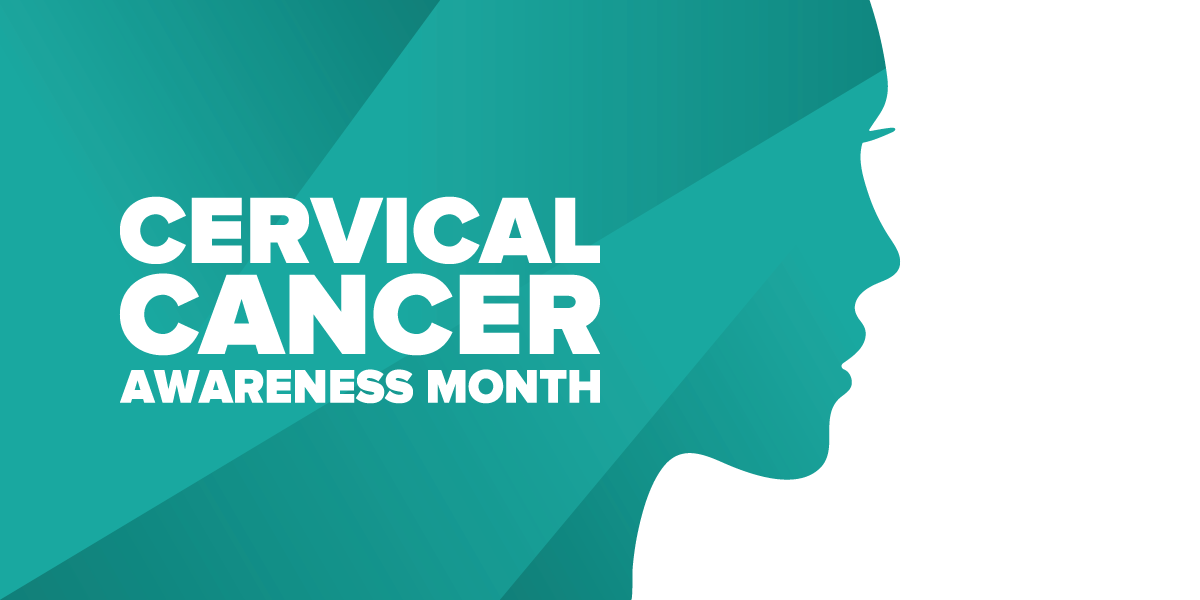New Monkeypox Cases
The World Health Organization (WHO) has urged African countries to get prepared for mass vaccination in readiness for the Monkeypox virus.
This follows new reports by the organization which indicate 780 new cases of monkey as of 2nd June from 27 Member States across four WHO regions that are not endemic to monkeypox virus.
The acting director of Africa Centres for Disease Control and Prevention (Africa CDC), Ahmed Ogwell Ouma, said on Thursday that this year, the continent has documented 1,597 suspected cases of monkeypox, with 66 death.
According to WHO, the sudden appearance of monkeypox in multiple countries across the world indicates the virus has been spreading undetected for some time outside the West and Central African nations.
The Africa Director WHO director revealed that they are in the process of procuring thousands of monkeypox tests for Africa but is not recommending mass vaccination at this stage.
There is no known vaccine currently,but the smallpox vaccine has been shown to offer up to 85 percent protection against monkeypox.
The countries which have reported monkeypox cases include;Cameroon, the Central African Republic, the Republic of the Congo, DRC, Nigeria, Morocco, Ghana, Liberia and Sierra Leone.
Monkeypox is an illness characterised by skin lesions that is spread through close contact.
WHAT YOU NEED TO KNOW ABOUT MONKEYPOX.
1.It was first discovered in monkeys held for research purpose in the year 1958,caused by a smallpox-like virus.
2.It is diagonised by PCR tests,because orthopoxviruses produce antigens and trigger antibodies that could look like other related viruses, thus analyses of these cannot pinpoint that the virus is monkeypox.
3.It causes blisters all over the body,five and 13 days after infection, although it can take up to 21 days for them to appear.
Early symptoms include fever, headache, muscle ache, backache, swollen lymph nodes, chills and exhaustion.

4.It can spread between people through close contact,spreads to people from infected wild animals such as rodents and primates, found in the rainforests of Central and West Africa, but human-to-human transmission can also occur.
5.There’s is no specific treatment recommended for monkeypox by WHO.
Tags: Who Monkeypox Cases


